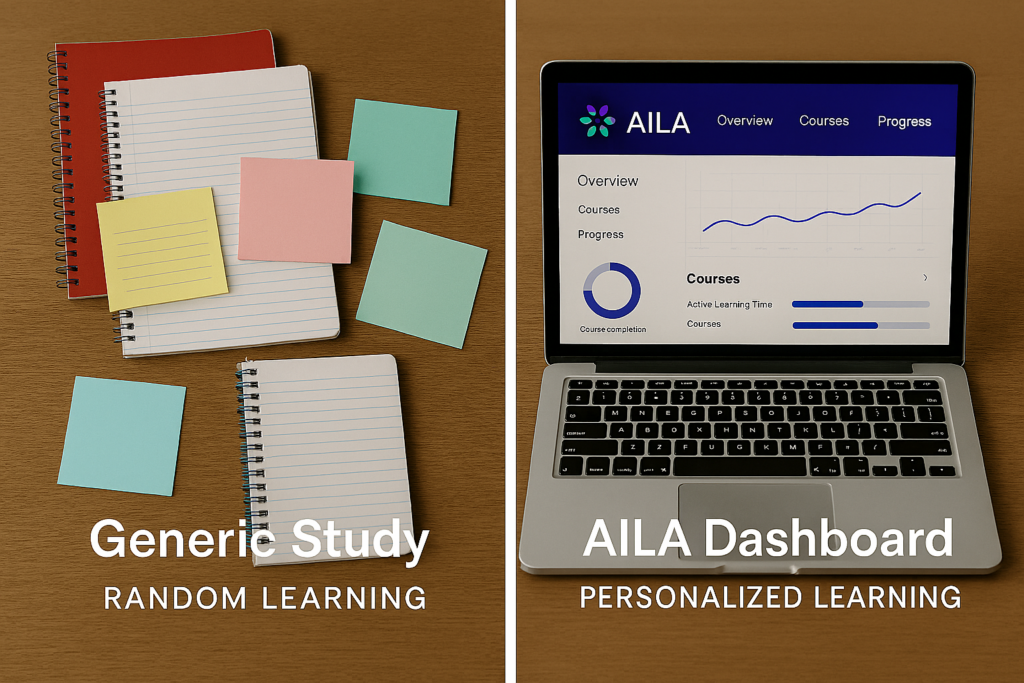How to Study Smarter, Not Harder: Tips for Saudi Students
Studying for exams can feel overwhelming — especially when you have multiple subjects, tight deadlines, and high expectations. But success isn’t always about studying more; it’s about studying smarter. Whether you’re a high school student in Riyadh, preparing for university entrance exams in Jeddah, or aiming for top grades in the Saudi curriculum, these strategies will help you maximize your time and energy.

Set Clear, Achievable Goals
Instead of saying “I want to get good grades,” be specific: “I want to score at least 90% in my upcoming math exam.”
Clear goals give you a direction and make it easier to track your progress.
Pro tip: Break big goals into smaller milestones, like mastering one chapter at a time.
Use Active Learning Techniques
Active learning is proven to improve retention. Instead of reading passively, try:
- Summarizing lessons in your own words
- Creating flashcards
- Teaching concepts to a friend or even to yourself
Focus on Weak Areas First
It’s tempting to review topics you’re already good at, but your biggest improvements come from tackling your weaknesses early.
AILA Tests can help here by identifying your strengths and weaknesses through mock exams and adapting your study plan.

Use the Pomodoro Technique
Study in focused 25-minute intervals followed by a 5-minute break. After 4 sessions, take a longer break.
This keeps your brain fresh and reduces burnout.
Practice Under Real Exam Conditions
Simulate the pressure of the real test by:
- Timing yourself
- Avoiding distractions
- Answering questions in a single sitting
This not only improves time management but also reduces exam-day anxiety.
Review Regularly, Not Just Before the Exam
Cramming might help short-term memory, but long-term retention requires consistent review. Set aside time every week to revise past material.
Leverage Digital Learning Tools
Modern students in Saudi Arabia have access to powerful AI-driven platforms like AILA Tests, which can create personalized learning paths, smart remediation, and real-time feedback.
Read about the benefits of AI in education
Stay Consistent
It’s better to study 1 hour every day than 7 hours in one day. Consistency builds strong knowledge foundations.
Don’t Be Afraid to Ask for Help
Whether it’s a teacher, a tutor, or an online community, asking questions is a sign of dedication, not weakness.
Conclusion
Studying smarter is about strategy, consistency, and using the right tools. With platforms like AILA Tests, Saudi students can transform their exam prep into a targeted, efficient, and stress-free process.